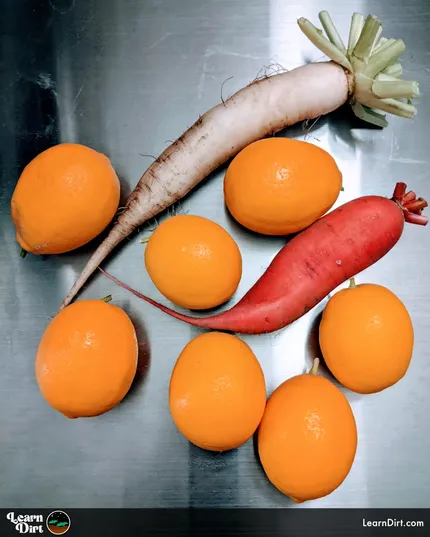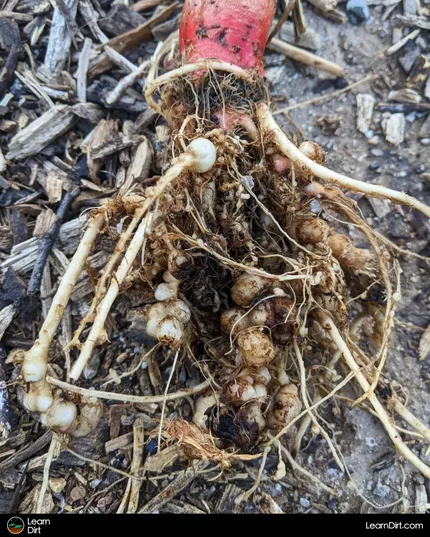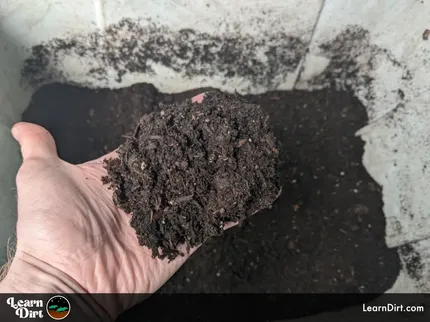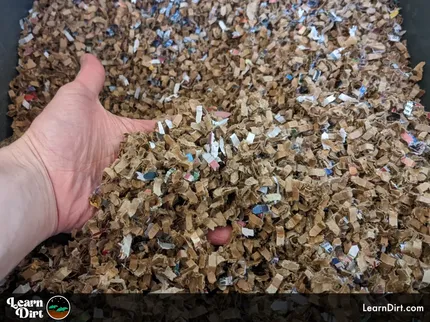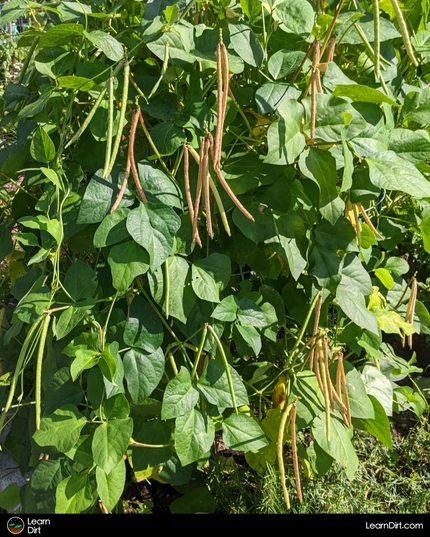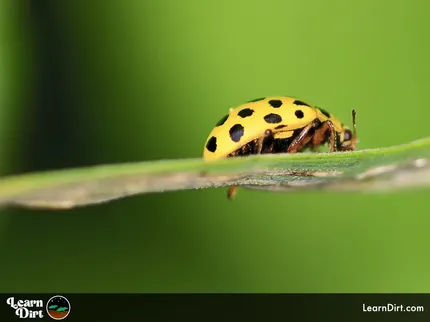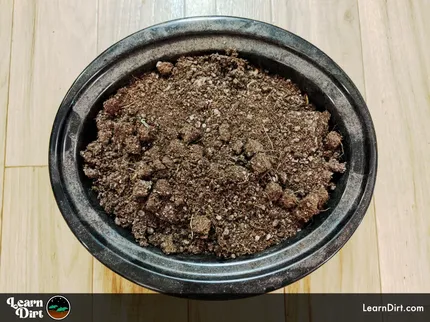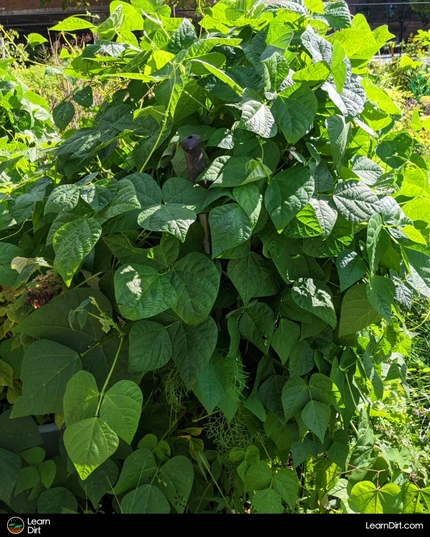Table of Contents
* Our articles never contain AI-generated slop *
Let's talk soil blocks!
You may have seen gardeners blocking out their seedling trays and be wondering what the appeal is over cell packs.
Soil Blocking Basics
Soil blockers aren't new, but they've been quickly working their way through the agricultural community.
Disclaimer: This post may contain affiliate links. Refer to the privacy policy for more information.
And for good reason! They've totally changed the way many of us start our seedlings, and we're HYPED.
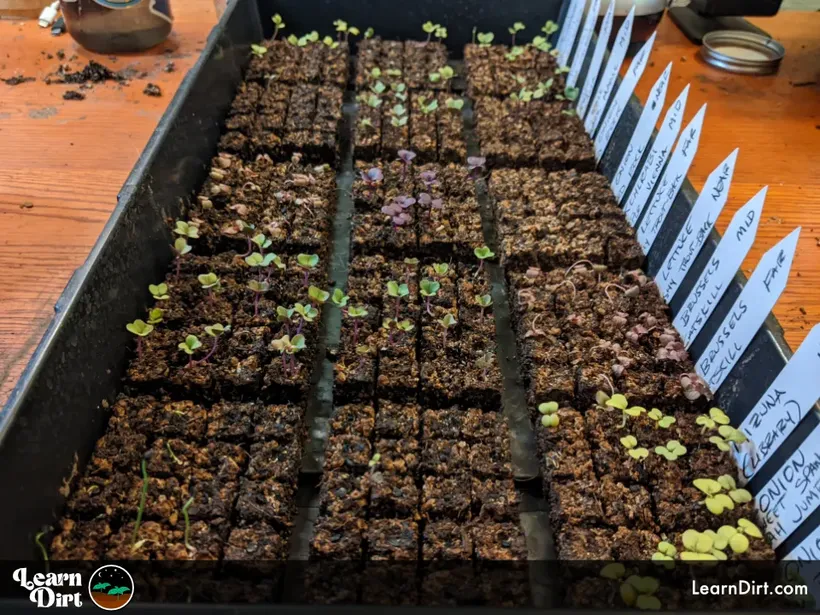
Soil blockers essentially act as molds or presses, allowing gardeners to shape soil into compact blocks.
Unlike traditional methods that rely on pots, planters, or cell packs, soil blocking creates self-contained units.
Seed-starting mix is pressed and holds together without any additional containers.
Advantages of Soil Blocking
One of the major advantages of soil blocking is its ability to eliminate the need for cell packs entirely.
With soil blocking, you can create an endless supply of seedling blocks without relying on disposable plastic trays.
Join The Grower's Community
Your space to connect, learn, and belong 🌱
Check It Out!
This not only reduces plastic waste, but also saves you the hassle of cleaning and sanitizing individual cells.
If you've ever cleaned and sterilized thousands of cells, you know exactly how time-consuming that is!
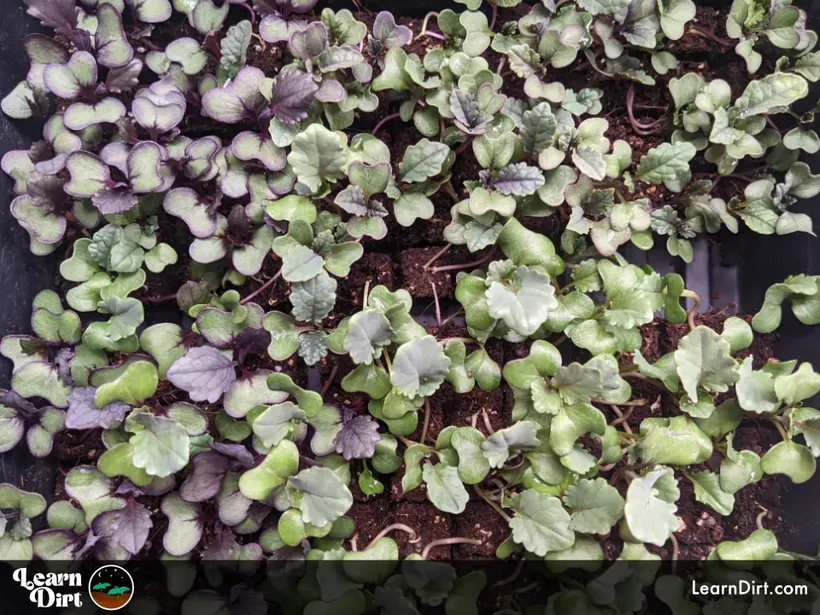
Purple and green kale and cabbage here are 14 days from seed and grown indoors under LED lights.
These are now ready to be transplanted up into 2" soil blocks for another 2 weeks.
Soil blocks also nest inside one another, almost entirely eliminating transplant shock. That means faster seedling production with fewer growth delays.
Seamless transplantation encourages healthier growth and establishment of the young plants.
Soil blocks also "air-prune", meaning that roots hit air instead of plastic and don't grow any further. Instead of wrapping around the plastic and becoming root-bound, the plant puts energy into filling out the block more fully without the wrap.
Soil Block Mix
The foundation of successful soil blocking lies in using high-quality soil. If you're mixing your own, start with a rich compost. This will provide the necessary nutrients and organic matter to support seedling growth. Check out our post on how much compost is too much for seedlings, to get an idea of what amount to use.
Additionally, a mixture of peat or coco peat, perlite, and trace minerals can be incorporated into the soil blocks to improve their structure, drainage, and nutrient-holding capacity.
Some gardeners also include extra organic nutrients to enhance the initial growth of the seedlings.
Don't be afraid to experiment here with different soil mixes! You may find your own custom mix works far better than the mixes you read about.
Check out our custom soil mix recipes to get some ideas.
I also suggest checking out Eliot Coleman, probably one of the first pioneers of soil blocking and has a great soil block mix on his YouTube Channel.
Another great resource is Jim Kovaleski, who has a fantastic demonstration of his soil block mix and technique on YouTube.
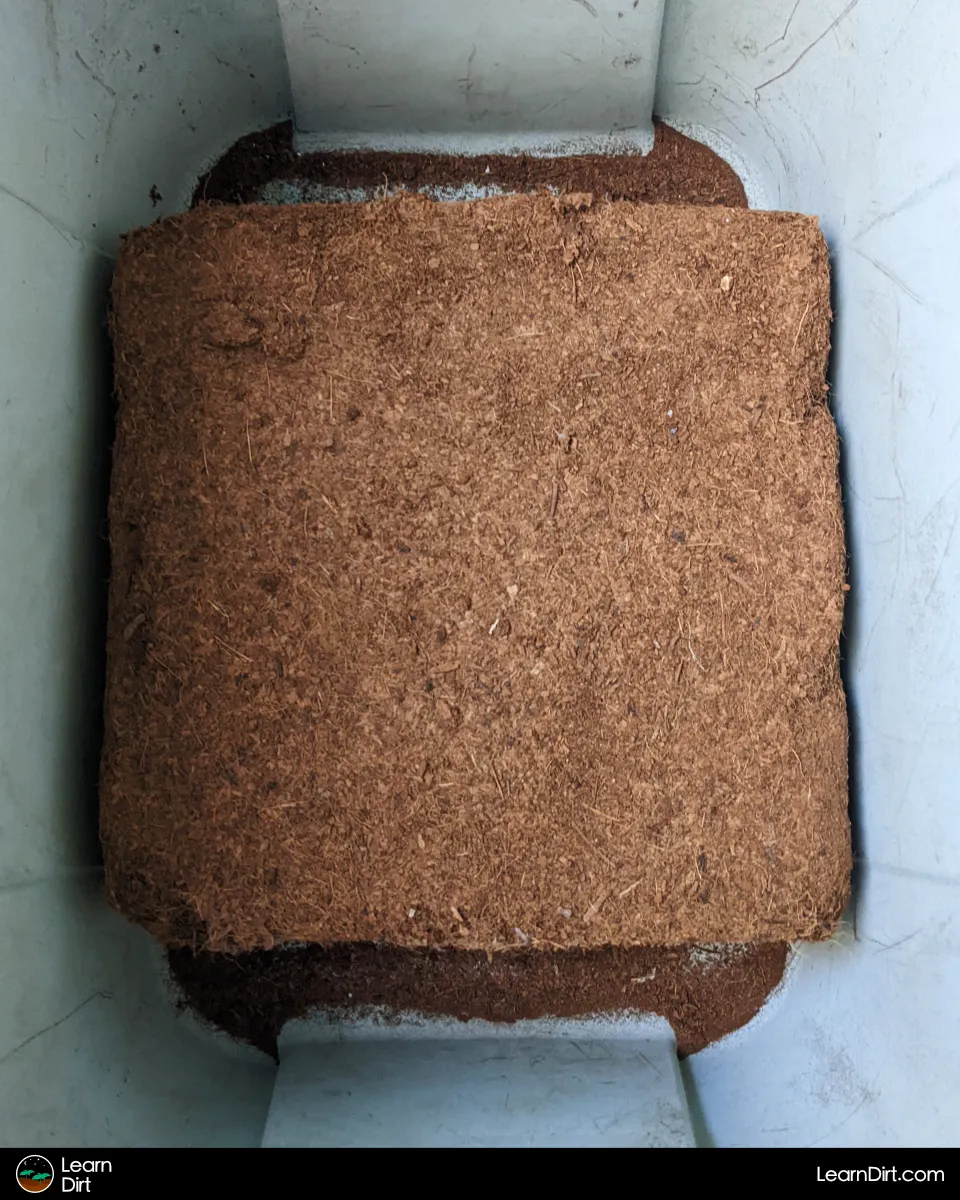
Final Thoughts
By utilizing soil-blocking, you not only reduce the reliance on plastic containers but also foster a more sustainable and eco-friendly approach to gardening.
The ability to start seedlings in self-contained blocks with minimal transplant shock sets the stage for healthy plant development and successful garden establishment.
Reduced use of H2O2 (hydrogen peroxide) or other sterilizer when moving away from cell packs saves you time and money.
I can't suggest enough that you give soil blocking a try if you haven't already! We're all hyped on them and I'm pretty sure you will be too if you start a lot of seedlings.
That's all for now, thanks for reading!
If you have any questions, comments, or would like to connect with fellow gardeners, head on over to the forum and post there.

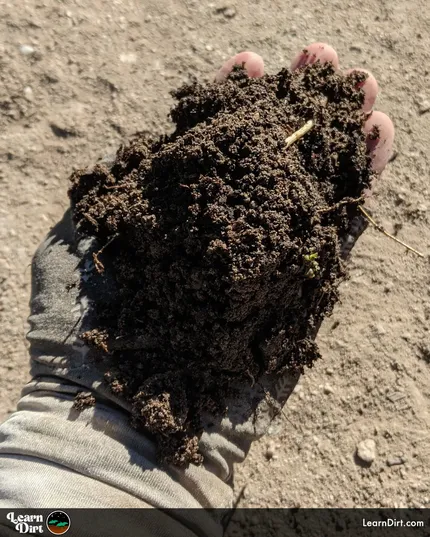
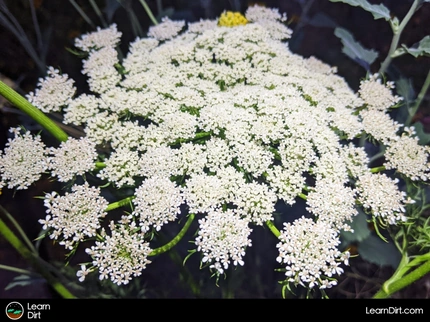
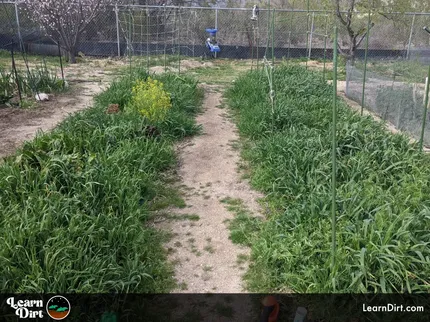
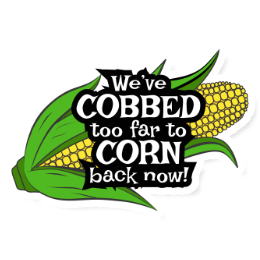
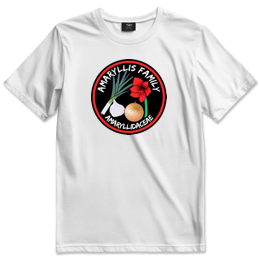
![Don't Till Away Your Carbon [Taffy]](/media/product_images/dont-till-away-your-carbon-[taffy]_sticker_260x260.png)
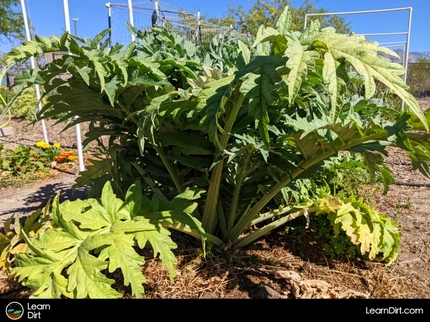
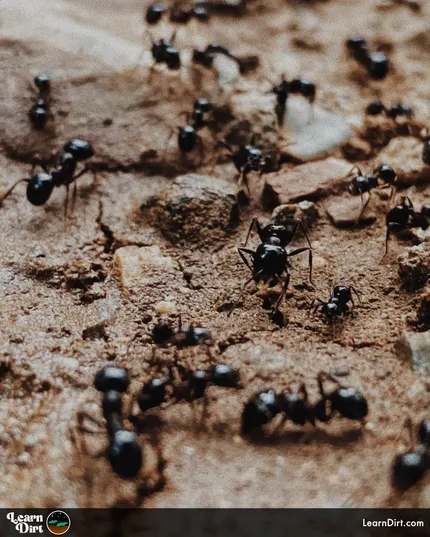
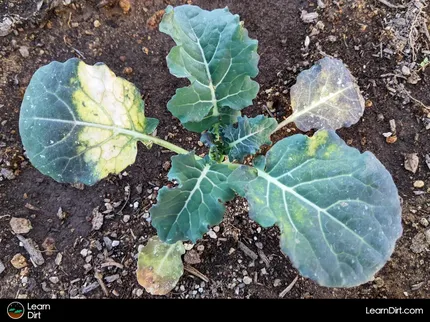
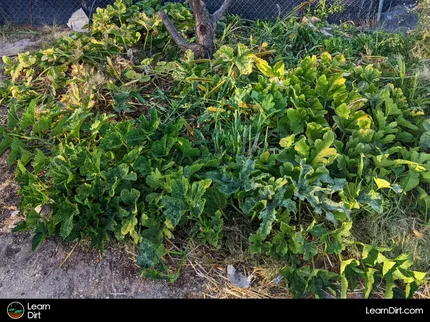
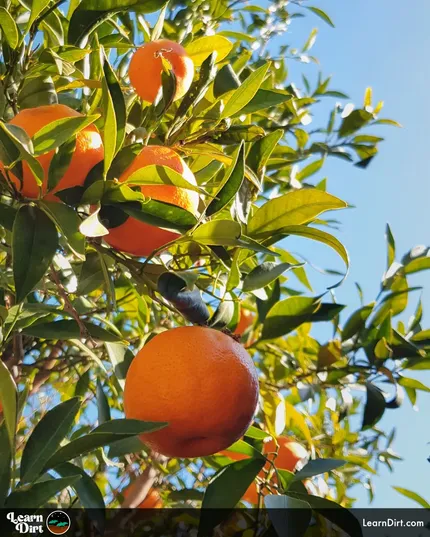
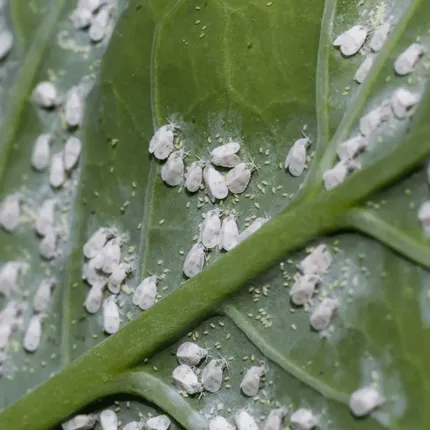
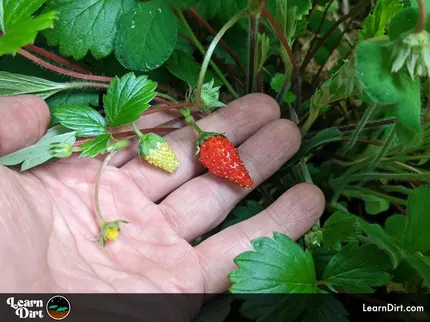
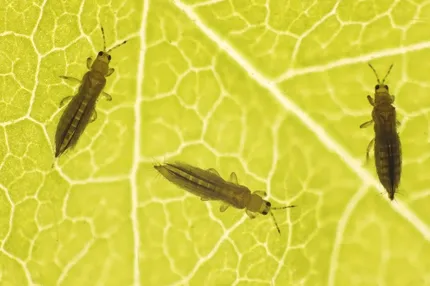
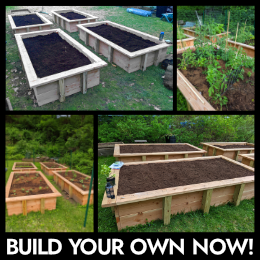


![Black Dirt Live Again [Blue] T-shirt](/media/product_images/black-dirt-live-again-[blue]_shirt_260x260.png)
